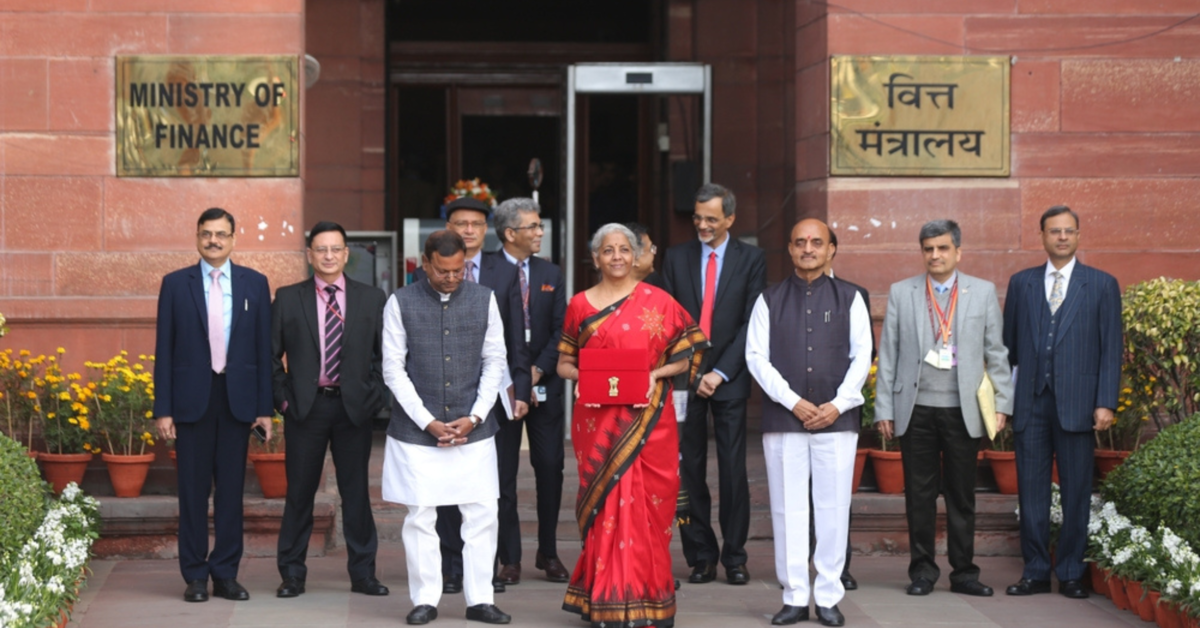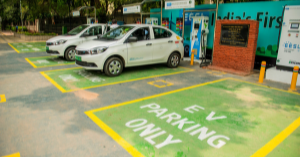The Inception
The Business 20 (B20) – the G20’s official dialogue forum with the global business community – kicked off its discussions with a grand inception conference on January 23 in Gandhinagar, as part of India’s G20 Presidency. Gandhinagar is the capital city of Gujarat, one of India’s most industrially advanced provinces and the home state of Prime Minister Narendra Modi. The event saw active participation by delegates from the G20 member countries seeking to engage with each other with a common agenda to tide over the challenges businesses across the globe are facing today. The inaugural plenary sessions witnessed healthy discussions and an exchange of ideas between the members that set the stage for the upcoming meetings.
B20 Task Forces & Action Councils
The central theme of B20 India, R.A.I.S.E. – which translates into Responsible, Accelerated, Inclusive, Sustainable, and Equitable Business – provides the global business community a platform to brainstorm on impactful initiatives along the nine themes divided among seven task forces and two action councils.
The themes addressed by the seven task forces include:
- building inclusive global value chains for resilient global trade and investment
- the future of work, skilling, and mobility
- energy, climate change, and resource efficiency
- digital transformation
- financing for global economic recovery
- tech, innovation and R&D
- financial inclusion for economic empowerment
The themes addressed by the two action councils are:
- environmental, social, and governance in businesses
- African economic integration: “An Agenda for Global Business”
Road to the Summit
India has assumed the G20 Presidency at a time when the world is grappling with the aftershocks of a once-in-a-century pandemic, as well as the geopolitical crisis of the Russia-Ukraine war, which has pushed the global economy further into a recessionary trend. Amid all the gloom, India has a unique vantage point in its G20 Presidency to galvanize a global response and revive the economy. But governments alone cannot compete with the challenges of this era; the business community will have to partner with them, and this is why the B20 recommendations have become even more relevant.
Over the next six months, members of the engagement group will enter into several rounds of discussions to come up with recommendations for our leaders to improve the ease of doing business and improve lives in G20 countries. They will collectively come up with a “zero draft,” which will be a draft of the initial recommendations. By March, the first draft of each task force and action council will be up for further brainstorming to set in motion the next step toward their final drafts.
In June, all the task forces and action councils will come together to discuss their recommendations. The outcome will be a draft for the final set of recommendations. The B20 leadership will sit together to finalize the document, which will be called the Leaders’ Recommendations. The B20 summit in August will put a stamp of approval on it to be later presented to the G20 leadership.
The Opportunity
India’s G20 Presidency presents a unique opportunity for the B20 task forces to closely examine India’s successes in digital inclusion and ensuring food security to its more than one billion population, despite disruptions in global supply chains. Already declared the fastest-growing economy by the IMF, India is quickly emerging as a global manufacturing hub. Its success story in creating digital public goods in the banking and health sector to ensure last-mile connectivity for its rural population, and the green transformation driven by public-private partnerships are priority areas during the ongoing G20 sherpa track engagements.
The B20 will need to develop a robust framework to make recommendations for replicating similar success stories from emerging economies not only within the G20 but beyond it as well. To achieve this, combining global strengths to rethink and revitalize innovation to drive sustained cross-sectoral collaboration is the way forward. This will help bridge the technological and skill gaps. Businesses can play a major role in accelerating global collaboration for the development, scaling and adoption of technology and R&D.
Today about 50% of global manufacturing and 40% of trade is concentrated in the G7 economies. The B20 India Presidency presents an opportunity to create a legacy by striking the right nodes for diversification toward inclusive growth and improving livelihoods in not only G20 but also G200 nations. Over the next six months, the B20 task forces will hold a series of brainstorming sessions to streamline their recommendations. The B20 has a task at hand when members draft the leaders’ memorandum to catalyze this change.
The Challenge Ahead
All said and done, there is no silver bullet to bridge the global north-south divide. Businesses have shown the zeal and determination to tide over the slowdown inflicted by the COVID pandemic, and they have shown resilience to deal with supply chain disruptions due to the ongoing war, but these are desperate times. Governments in the Global South will need to show greater synergies to seize the opportunity and make their presence felt on the global stage. Political leadership will need to rise to the occasion and support businesses with innovative policy roadmaps and by incentivizing investments in the critical sectors focused on creating a greater impact and a legacy.
Contributed by Anand Patel, Head of Policy Research, EGA India. Anand is also a member of the B20 Task Force on Building Inclusive Global Value Chains for Resilient Global Trade and Investment.



